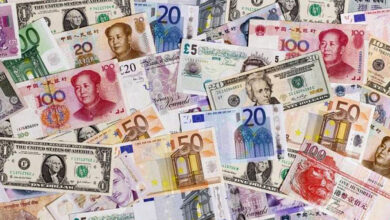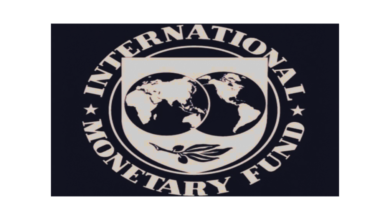Oil Prices Slide Amidst US Debt Ceiling Concerns and Uncertain OPEC+ Talks

Tokyo, Japan—Oil prices experienced a decline on Tuesday, relinquishing earlier gains, as apprehensions surrounding the feasibility of the U.S. debt ceiling agreement cooled down the market’s risk-on sentiment. Furthermore, mixed messages from key oil-producing nations have cast a shadow of uncertainty over the supply outlook in advance of their upcoming meeting.
During early trading hours on Tuesday, Brent crude futures climbed by 0.5%, only to later drop by 0.8%, or 59 cents, settling at $76.48 per barrel by 0615 GMT. Similarly, U.S. West Texas Intermediate (WTI) crude experienced a decrease of 0.6%, or 42 cents, reaching $72.25 per barrel—down from Friday’s closing price. Monday saw no settlement due to a public holiday observed in the United States.
Adding to market volatility, certain staunch Republican lawmakers expressed potential opposition to a debt ceiling deal, which would have a direct impact on the world’s largest oil consumer, the United States. However, Democratic President Joe Biden and Republican House of Representatives Speaker Kevin McCarthy maintain optimism regarding the agreement’s passage.
Biden and McCarthy reached an accord on the debt ceiling over the weekend, but it still needs approval from the divided U.S. Congress before June 5. This date marks the Treasury Department’s deadline for meeting the country’s financial obligations, and any failure to do so could disrupt financial markets.
“Contradictory statements from Republicans and lawmakers are keeping investors largely invested in the stand-off,” noted Priyanka Sachdeva, Market Analyst at Phillip Nova, emphasizing the hesitancy prevailing among investors.
Coinciding with the debt deadline is the upcoming meeting of the Organization of the Petroleum Exporting Countries (OPEC) and its allies, collectively known as OPEC+. With recent declines in oil prices, uncertainty looms over whether OPEC+ will choose to increase their output cuts.
“As major oil producers offer mixed messages, investors have shifted their attention to the outcome of the OPEC+ meeting this weekend,” explained Toshitaka Tazawa, an analyst at Fujitomi Securities Co Ltd.
Saudi Arabian Energy Minister Abdulaziz bin Salman issued a warning last week to short-sellers speculating on a decline in oil prices, potentially indicating OPEC+’s intention to reduce output. However, comments from Russian oil officials, including Deputy Prime Minister Alexander Novak, suggest that the world’s third-largest oil producer leans toward maintaining current output levels.
In April, OPEC+ members, led by Saudi Arabia, announced an additional oil output cut of approximately 1.2 million barrels per day (bpd). This brought the total volume of cuts by OPEC+ to 3.66 million bpd, according to calculations by Reuters.
The unexpected production cuts in April caught the market off guard. Consequently, investors exercise extreme caution while awaiting the final decision, as highlighted by analysts from Haitong Futures in a recent note.
Moreover, later this week, all eyes will turn to Chinese manufacturing and service sector data, which will serve as indicators of the fuel demand recovery in the world’s largest oil importer.




